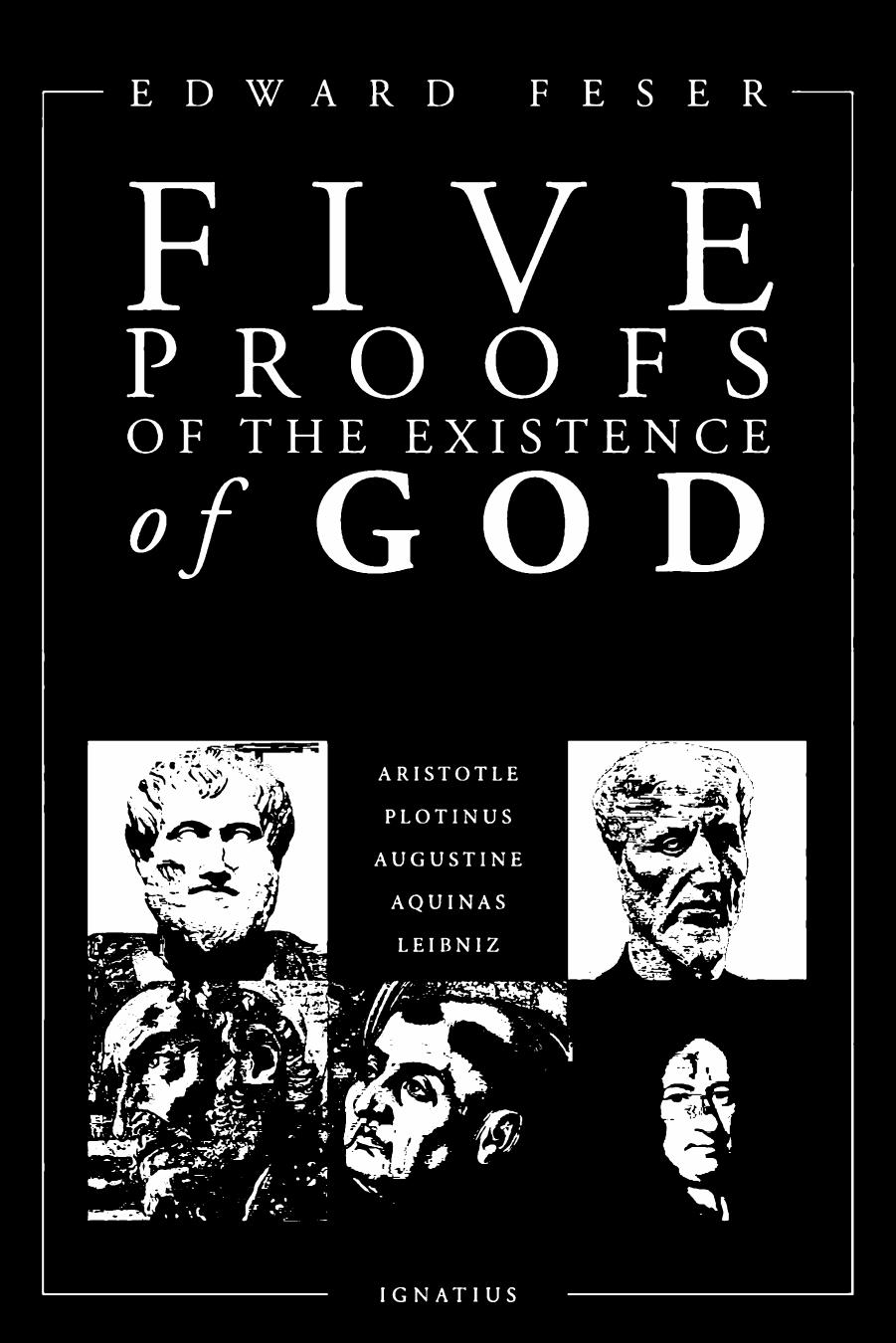Five Proofs of the Existence of God by Edward Feser

Author:Edward Feser [Feser, Edward]
Language: eng
Format: mobi, epub, pdf
Tags: Spiritual & Religion
ISBN: 9781681497808
Publisher: Ignatius Press
Published: 2017-08-24T16:00:00+00:00
The divine attributes
Unity
With these background ideas in place—the principle of proportionate causality, agere sequitur esse, and the analogy of being—let’s turn to the question of what we can deduce concerning the nature of the God whose existence has been argued for in the first five chapters of this book. What are the attributes of God? What can we know about him beyond his being the cause of the world? Let us begin with God’s unity—the fact that there is, and in principle can be, only one God.
Recall that in chapter 1, it was argued that the things of our experience, which are mixtures of actuality and potentiality, could not exist even for a moment apart from a cause that is pure actuality. Only something whose existence is always already actual, and thus need not and could not be actualized by anything else, could terminate what would otherwise be a vicious explanatory regress. Now, a critic might wonder whether there might be a sense in which even a cause which could terminate that regress might nevertheless have potentiality. For suppose we agree that its existence involved no actualization of potential. Might not we still say that its activity involved the actualization of potential? Might not we thus say that while it had no potentialities with respect to its existence, it does have potentialities with respect to its activity (such as its activity of actualizing the existence of other things)?
There are several problems with this suggestion, however, one of which might be obvious now that we have set out the principle agere sequitur esse, according to which what a thing does reflects what it is. If the first cause of things exists in a purely actual way, how could it act in a less than purely actual way? How could its acting involve potentiality any more than its existence does? A thing’s existence is, after all, what is metaphysically most fundamental about it; everything else follows from that. In this case we are talking about something whose very existence is purely actual and devoid of potentiality. So, from where in its nature are the (metaphysically less fundamental) potentialities for activity that the critic suggests it has supposed to derive?
Another problem with the suggestion in question is that to say of God that he has potentiality with respect to his activity, though not with respect to his existence, entails that God has parts—a purely actual part, and a part that is a potentiality. Now, as we saw in chapter 2, whatever has parts requires a cause. The reason is that the whole of which the parts are constituents is merely potential until actualized by some principle which combines the parts. This principle cannot be something intrinsic to the thing, for in that case it would be the cause of itself, which is incoherent. So, it must be something extrinsic to the thing. Keep in mind that this is true even if we think of the thing in question as having always existed, since
Download
Five Proofs of the Existence of God by Edward Feser.epub
Five Proofs of the Existence of God by Edward Feser.pdf
This site does not store any files on its server. We only index and link to content provided by other sites. Please contact the content providers to delete copyright contents if any and email us, we'll remove relevant links or contents immediately.
The Lost Art of Listening by Michael P. Nichols(7494)
Why I Am Not A Calvinist by Dr. Peter S. Ruckman(4149)
The Rosicrucians by Christopher McIntosh(3510)
Wicca: a guide for the solitary practitioner by Scott Cunningham(3167)
Signature in the Cell: DNA and the Evidence for Intelligent Design by Stephen C. Meyer(3130)
Real Sex by Lauren F. Winner(3014)
The Holy Spirit by Billy Graham(2944)
To Light a Sacred Flame by Silver RavenWolf(2814)
The End of Faith by Sam Harris(2733)
The Gnostic Gospels by Pagels Elaine(2527)
Waking Up by Sam Harris(2454)
Nine Parts of Desire by Geraldine Brooks(2360)
Jesus by Paul Johnson(2352)
Devil, The by Almond Philip C(2324)
The God delusion by Richard Dawkins(2305)
Heavens on Earth by Michael Shermer(2278)
Kundalini by Gopi Krishna(2180)
Chosen by God by R. C. Sproul(2161)
The Nature of Consciousness by Rupert Spira(2104)
